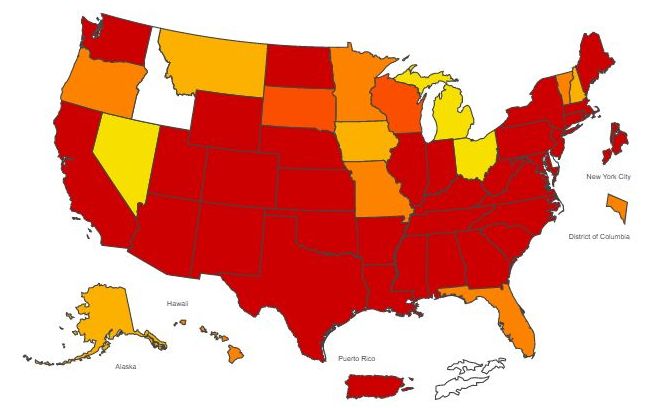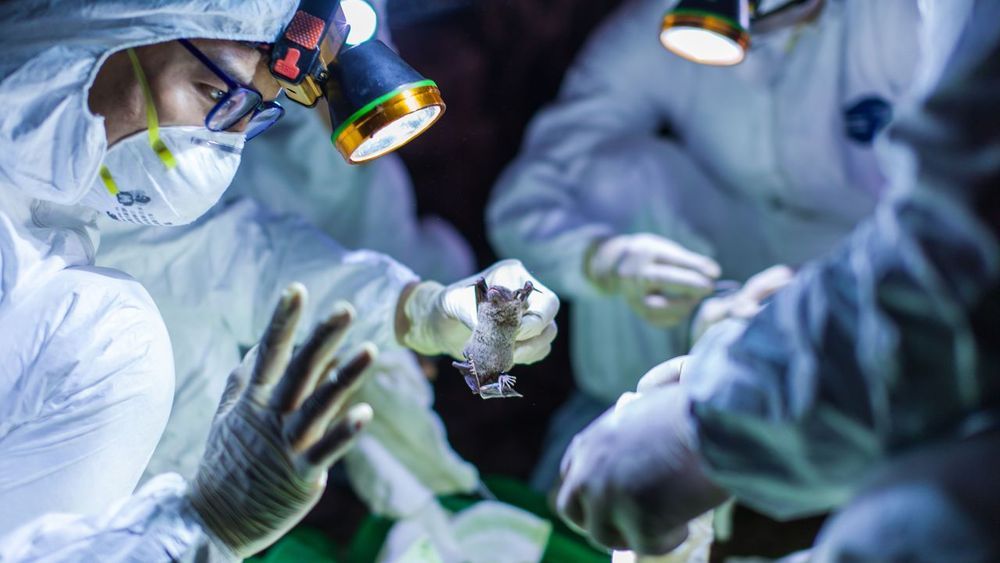The human microbiome is an important emergent area of cross, multi and transdisciplinary study. The complexity of this topic leads to conflicting narratives and regulatory challenges. It raises questions about the benefits of its commercialisation and drives debates about alternative models for engaging with its publics, patients and other potential beneficiaries. The social sciences and the humanities have begun to explore the microbiome as an object of empirical study and as an opportunity for theoretical innovation. They can play an important role in facilitating the development of research that is socially relevant, that incorporates cultural norms and expectations around microbes and that investigates how social and biological lives intersect. This is a propitious moment to establish lines of collaboration in the study of the microbiome that incorporate the concerns and capabilities of the social sciences and the humanities together with those of the natural sciences and relevant stakeholders outside academia. This paper presents an agenda for the engagement of the social sciences with microbiome research and its implications for public policy and social change. Our methods were informed by existing multidisciplinary science-policy agenda-setting exercises. We recruited 36 academics and stakeholders and asked them to produce a list of important questions about the microbiome that were in need of further social science research. We refined this initial list into an agenda of 32 questions and organised them into eight themes that both complement and extend existing research trajectories. This agenda was further developed through a structured workshop where 21 of our participants refined the agenda and reflected on the challenges and the limitations of the exercise itself. The agenda identifies the need for research that addresses the implications of the human microbiome for human health, public health, public and private sector research and notions of self and identity. It also suggests new lines of research sensitive to the complexity and heterogeneity of human–microbiome relations, and how these intersect with questions of environmental governance, social and spatial inequality and public engagement with science.
Get the latest international news and world events from around the world.

CDC: Flu deaths reach 10K this season
Stay aware.
The CDC estimates that so far this season there have been at least 19 million flu illnesses and 180,000 hospitalizations.
Flu was widespread in Puerto Rico and 49 states. In Hawaii, the District of Columbia and the U.S. Virgin Islands, the outbreaks were less active.
Flu shots are recommended for everyone 6 months of age and older.

Glowing green ‘dunes’ in the sky mesmerized skygazers. They turned out to be a new kind of aurora
When mysterious glowing stripes of green lit up Finnish skies in 2018, it didn’t go unnoticed by avid aurora chasers. The pattern of light was unfamiliar and strangely perfect, reaching out toward the horizon like a set of celestial sand dunes.
Sure enough, the light show dubbed by the citizen scientists as “the dunes” turned out to be a new type of aurora. This aurora is formed by the dramatic dance of gravity waves and oxygen atoms, according to new findings published today (Jan. 29) in the journal AGU Advances.


Elephant rescued from well with physics principle. ‘What an idea,’ says Twitter
How interesting. Very adorable.
A heartwarming rescue of a baby elephant with the help of physics is winning the Internet. A tweet by IFS officer Ramesh Pandey gives a glimpse of the rescue efforts made by people and officials in Gumla, Jharkhand.
According to the tweet, the forest department along with people from the nearby village rescued the elephant using the Archimedes principle. Officials and locals filled the well with water to help the elephant out. The elephant was rescued without any injury.
“Heartwarming pictures of how intelligently the team @dfogumla and villagers used Archimedes’s physical law of buoyancy to save an elephant calf who fell in a well. They pumped water into well to float the elephant to surface. Great work,” says the caption posted by Pandey.

Tesla releases first Model Y production picture, hints at body manufacturing breakthrough
Tesla has released the first official picture of a Model Y production vehicle, as well as pictures of the production line pictures — hinting at their previously discussed body manufacturing breakthrough.
With the release of Tesla’s Q4 2019 financial results, the automaker also announced the start of Model Y production, which happened earlier this month, and the start of deliveries in March.
For almost a year now, we have seen Model Y pre-production prototypes on public roads as part of Tesla’s extensive test program.
Soon, Windowless Planes Will Let Passengers See World Around Them
Soon-windowless-planes-will-let-passengers-see-world-around-them.
I bet while traveling by plane most of the time, people are fighting over the window seat. The reason is simple; they want to enjoy the magnificent view. Inspired by the idea to give the passengers a panoramic view of the sky, the Center for Process Innovation is creating the future of air travel.
This British technology and research firm is constructing futuristic planes that will be windowless. The length of the aircraft will be covered with OLED touch screens giving the passengers a virtual window seat.



